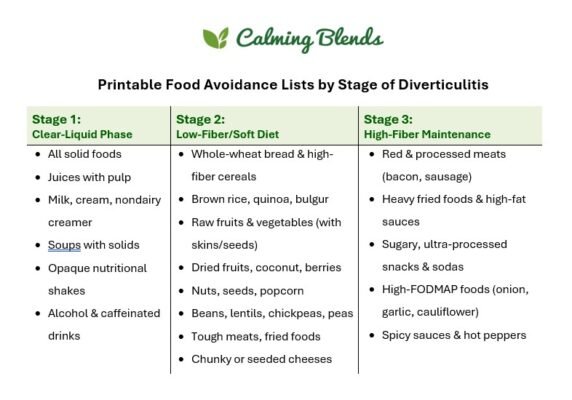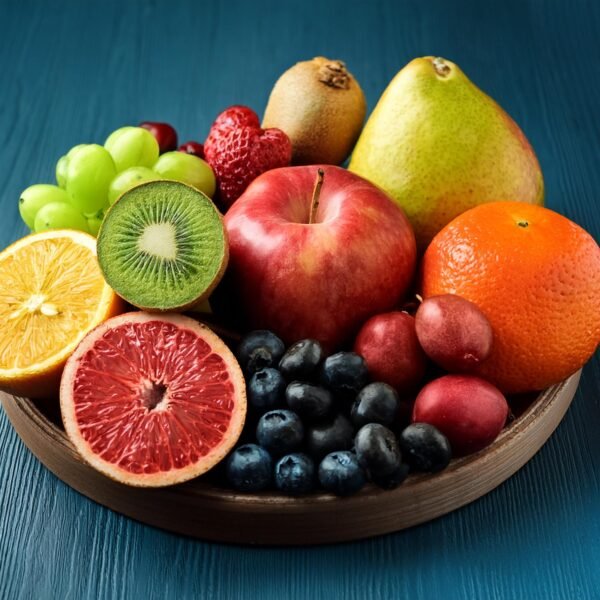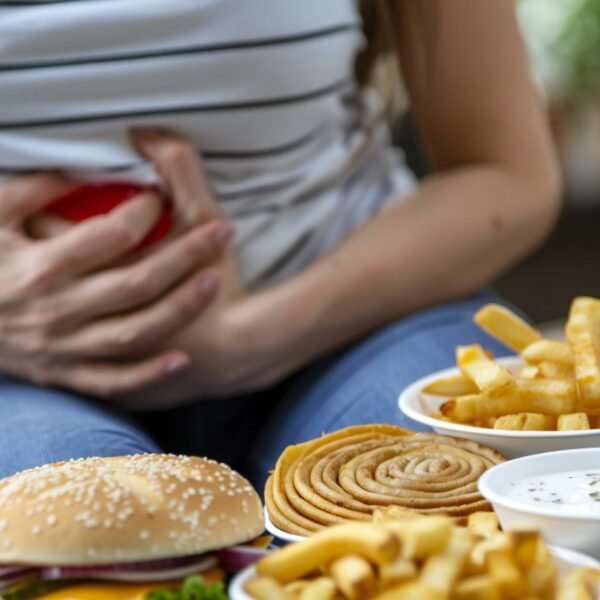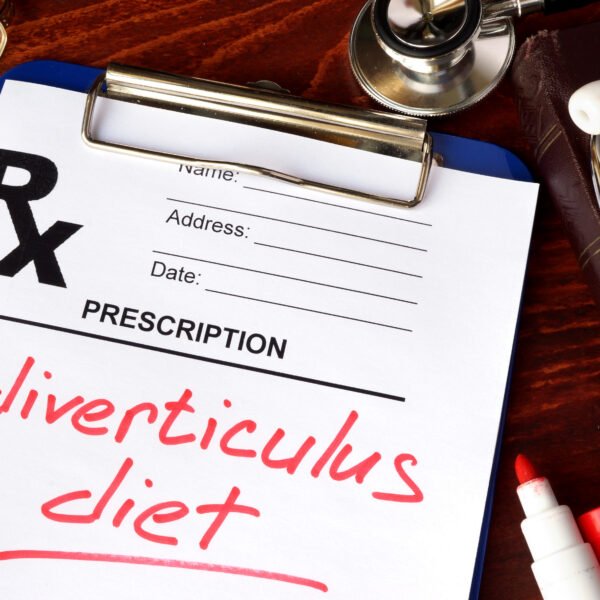Seeds & Nuts
Although there is no scientific evidence to prove that seeds or nuts should be avoided, we have omitted seeds and nuts from our recipes and encourage you to speak with your physician regarding their suitability in your diet.
Breads and Cereals
- Rolls with nuts, seeds
- Bread containing cracked wheat particles or whole seeds
- Coarse, dry cereal
- Any bran or raisins
Meats or Meat Substitutes
- Fried meats, fish, or poultry
- Meats highly seasoned or containing whole spices; sausage, frankfurters
- Strong cheeses or those containing seeds
- Dried beans or peas, chunky peanut butter.
Vegetables
- Chili Peppers
- Corn
- Cucumber
- Green Peppers
- Tomato
Fruits
- Blackberries
- Blueberries
- Coconuts
- Whole Cranberries
- Figs
- Grapes with seeds
- Kiwi
- Pomegranates
- Raspberries
- Strawberries
Miscellaneous
- Jam, marmalade, fruit preserves
- Chili pepper, curry powder, cloves, seed spices, horseradish, popcorn, pickles, salsa, relish, chutney, all seeds such as poppy, sesame and caraway.
- Limit or completely omit alcoholic beverages
For more information on foods to avoid for diverticulitis, refer to some of our past blog posts.






